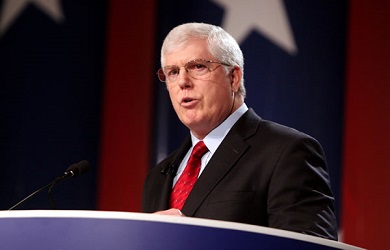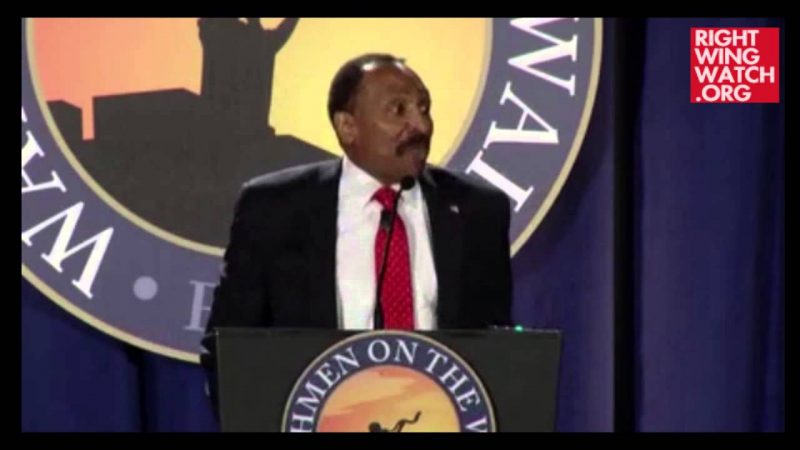Via AU, we get this story about Muslim man who had volunteered for six months for World Relief helping to resettle Iraqi refuges who was told, when he applied for an Arabic-speaking caseworker position with the organization, that he could not be considered for the position because he was not a Christian.
Oh yea, and approximately 70% of World Relief’s funding comes from government sources:
Saad Mohammad Ali had volunteered for six months at World Relief, helping the agency resettle arriving Iraqi refuges, when a manager suggested he apply for an Arabic-speaking caseworker job.
The 42-year-old SeaTac resident had been an interpreter for the U.S. government in Iraq before coming to the U.S. two years ago — himself as a refugee.
With a degree in statistics, strong English skills and basic knowledge of American culture, Mohammad Ali, who now works as a baggage handler at Seattle-Tacoma International Airport, could help his arriving countrymen temper their typically high expectations of life in America.
But a few days after he applied for the position last December, the Muslim and father of three got an unexpected call from the same manager at World Relief: She was sorry, she told him, but the agency couldn’t offer him the job because he is not Christian.
The response may have surprised Mohammad Ali and others who hear his story, but the practice is not new: World Relief is well within its right to reject him for employment.
Recognizing the need of faith-based organizations to maintain an atmosphere of shared values and principles, the Civil Rights Act of 1964 permits them to hire based on religion. Such groups, largely philanthropic, range from soup kitchens and drug-counseling services to refugee-resettlement agencies.
Among these are organizations like World Relief, which provides aid to some of the world’s most vulnerable, and operates in the U.S., helping resettle refugees from all cultural and religious backgrounds.
Grounded in evangelical faith, the Baltimore-based organization receives up to 70 percent of its funding from government sources, with the rest from private donors, including churches seeking assurances that the religious values of those carrying out the agency’s work are similar to their own.
Staff members at the agency also say the work they do can be stressful and so they pray during meetings to help ease that stress — a practice they believe might make non-Christians uncomfortable.








